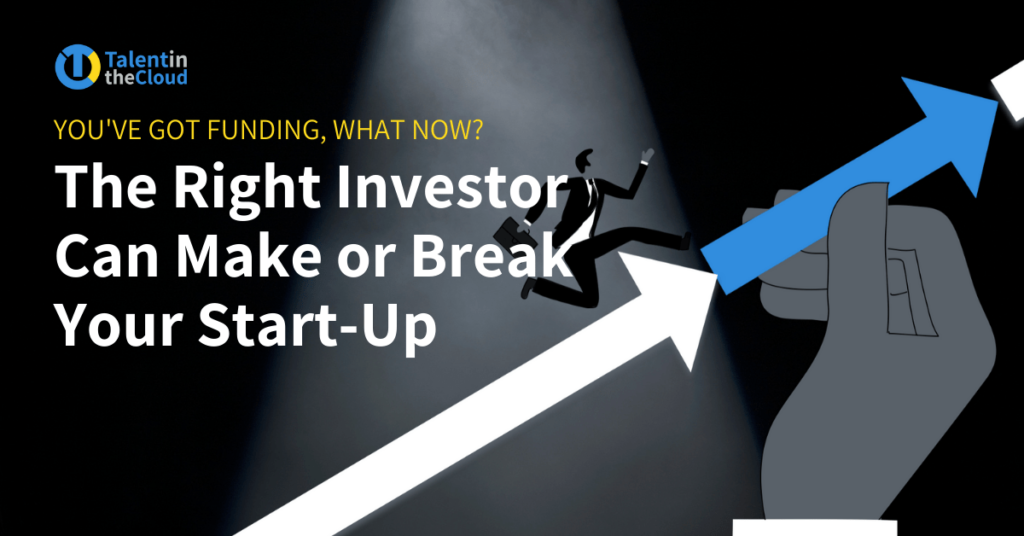Interest in FinTech companies has soared over the past few years. As of November 2021, there were 10 755 FinTech start-ups in the United States alone, 9 323 such start-ups in Europe, the Middle East, and Africa and 6 268 in the Asia Pacific region, as reported by statista.com. This is a 75,4% increase on 2018, a 53% increase on 2019, and a 20,3% increase on 2020. While the rate of growth has thus slowed down since 2018, the FinTech industry’s liquidity is expected to reach $300 billion in 2022, according to the Tech Crunch Matrix FinTech Index, and its stellar performance is likely to continue over the short and medium terms.
On the investment front, FinTech has shown a similar growth trend. MarketsMedia reported that in 2021, the total global capital invested in FinTech in 2021 was $102 billion, which was more than a 180% increase year on year.
These figures are enough to get any potential FinTech entrepreneurs and investors excited about the industry, but it would be unwise to ignore the less-than-inspiring side of FinTech. The Wall Street Journal (WSJ) reported that up to 75% of venture-capital-backed FinTech start-ups eventually fail. Perhaps even more disconcerting, WSJ said that these failures occurred even after these start-ups had secured funding. One of the most cited reasons for this failure is the wrong choice of the investor.
The problem with choosing an investor
Choosing the right investor is a decision that must be made with great consideration. While it may be tempting to secure funding as quickly as possible, the wrong investor, as shown by start-up failures, maybe the reason that your start-up eventually collapses entirely. Not all money is ‘good’ money when it comes to starting up your FinTech company, and you thus have to ruthlessly separate the ‘good’ from the ‘bad’.
Therefore, perhaps the next best question is how to attract the right people to invest in your start-up rather than attracting just any investor. As Tim Berry, founder and chairperson of Palo Alto Software, said: “You’re much better off with no investment than with incompatible investment. Incompatible investors are as bad as incompatible spouses. Bootstrap if you have to. Cut your plan down, if that’s what it takes; make it smaller, and focus more. The wrong investors have killed companies more painfully than no investors at all.”
FinTech is a new and emerging industry and requires a wide spectrum of expertise. While the industry’s ‘youth’ may have many benefits, it also has one major drawback: there are few people who are suitably qualified to invest in FinTech. As the FinTech Mag explained, young entrepreneurs are unlikely to have the required expertise and knowledge of both the financial and technology industries to launch their companies, and while they may find investors that are willing to fund their start-ups, these investors are similarly not adequately knowledgeable and experienced in the industry. As such, entrepreneurs may acquire the necessary start-up funds but don’t obtain the expertise (or ‘smart’ money, according to FinTech Mag) they need.
Attracting the right investor
One way to widen your pool of investor choice, which allows you to target more suitable potential investors, is through networking. This is an age-old approach to effective marketing but remains essential, particularly in an emerging industry. The more people you know in the industry, the more likely you are to meet potential investors that have the required capital and knowledge to improve your chances of success. As Berry said, an investor is a business partner, and the process of targeting potential investors must be treated as such. Through networking, you also get to know potential investors through the opinions of other people in the industry. This is important as a means of research into potential investors. While your search should not be limited to word-of-mouth accounts of your potential investors, speaking to other people in the industry could give you a good idea of the knowledge, expertise and even personalities of potential investors. As you are ultimately choosing a silent partner for your start-up when accepting funding from investors, you need to know that your investors are people with whom you can work, and that they are likely to understand your vision for the start-up.
Unfortunately, there is no one-size-fits-all approach to attracting the right investors. However, the more you know about the potential investor pool, the more likely you are to find the right investors. This means that you have to do your homework: find out as much as you can about potential investors, and make your decision based on this. Moreover, only choose compatible potential investors to whom to pitch your start-up business; it can be tempting to choose the first investor to come along, but this could lead to great heartache in the future.
Your pitch
Once satisfied that you have targeted compatible potential investors, you need to convince them that your start-up is worth investing in. This means knowing your business well enough so that you can field any questions about your FinTech start-up, whether technical or financial. In this regard, it may be worth your while to ensure that you have the required expertise in both fields before pitching to potential investors, whether this means that you are suitably knowledgeable in both fields or whether you include other business partners with the required expertise to fill any gaps in your own expertise.
As the Marcus Business Team explained, you need to “know your numbers”. This means ensuring that you know exactly how much capital you need, the future projections of your start-up and the expenses you are likely to incur over the short term. To convince potential investors to fund your start-up, you need to prove that you are financially prudent and that you have extensive knowledge of the market you are targeting. You also need to show how your start-up will fill or exploit a gap in the market; as the statistics show, competition is tough. If you can’t explain why your start-up is worth investing in, the right investor may just slip away!
How we can help?
Ultimately, the right investors are essential to your start-up’s success, and being able to confidently pitch your start-up to these investors requires that you present your business in its most positive light. This links back to being able to present your business with expertise, and one way to ensure this is by investing in the right people to drive your start-up forward.
Titc.io, through its specialised service offerings and Embedded Talent platform, can help you find the right people to not only build your start-up and lay a sound foundation but also to lead your business.

Investors want the same confidence in your business that you have, and there is no better way to inspire this kind of confidence than through hiring the right talent.
Trusted by:
Titc.io is a leader in Global FinTech Recruitment – We connect companies and executives enabling businesses to achieve key business objectives. Book a Free 30-minute call











